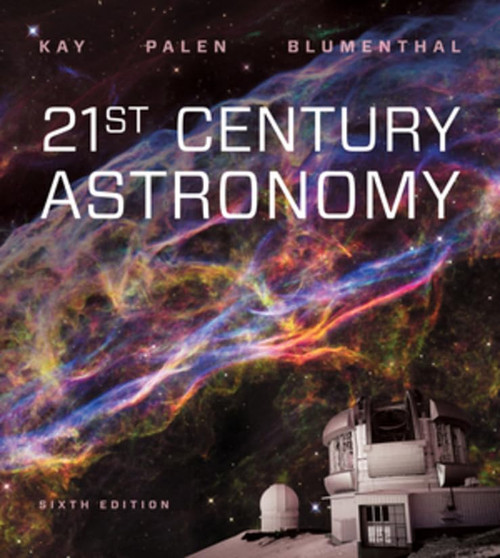Thomas Traherne (c. 16361674) was an English poet, clergyman, theologian, and religious writer. The present volume, his best known work, was first published in 1908 after having been miraculously discovered in manuscript ten years earlier. Perhaps more than any spiritual writer of his age, Traherne is profoundly cognizant of the Glory of the Lord as it abides in Creation. His writing conveys an ardent, almost childlike love of God comparable to similar themes in the works of such later poets as William Blake, Walt Whitman, and Gerard Manley Hopkins. More than this, he frequently expresses his love for the natural world in a way that anticipates by two centuries the Romantic movement. In Trahernes understanding, sin manifests itself primarily as the result of human ingratitudein turn a result of not properly beholding the Creationand offers in its stead something far more healthy and far more biblical: the gift of transfigured vision. The clandestine Gnosticism that has haunted Christianity since the Apostolic Agethat which whispers the Creation is not our real homefinds no place in Trahernes theology. The cumulative effect of Trahernes work is to open to the reader the insight that true felicity appears when we learn to see the world as it is, as God sees it. Centuries is almost certainly one of Trahernes final works. The title Centuries is not one of his devising, for it was added to the manuscript following its discovery in 189697. Written in five groupings of one hundred relatively brief meditations each, these centuries purvey messages of spiritual direction in the tradition of cura animarum, which has long precedent in Christian spirituality going back at least to Evagrios Ponticos (c. 346399) and Maximos the Confessor (c. 580662). The author, who was only thirty-seven when he died, wrote the Centuries when he was about thirty-fivethat is, in 1672. His early years had, therefore, coincided with the horrors of the Great Rebellion. It is this, perhaps, which makes his perfect trust in the bounty of God and in the glorious miracle of existence especially relevant to our own troubled age. Besides this, the beauty of his prose is unparalleled.Times Literary Supplement The positive, imaginative, joyous tone of Trahernes interpretation of the Christian message and his complete lack of interest in sectarian controversy seem to annihilate the [thirty-four] decades that have passed since he composed this handbook to felicity.The Cambridge Review Traherne often thought of the strangest of our bodily organs, the eye. Through a tiny instrument one sixth of an inch across, we can see a thousand square miles of land, together with the overarching sky. So through a weak soul inhabiting a rickety body, we can apprehend an illimitable universe, and through it, the inexpressible and yet not unapproachable power which creates and directs it.Gilbert Highet
Centuries
Angelico Press
MSRP:
Was:
Now:
$22.95 - $25.88
(You save
)
- SKU:
- UPC:
- 9781621385479
- Maximum Purchase:
- 2 units
- Binding:
- Paperback
- Publication Date:
- 6/28/2020
- Author:
- Traherne, Thomas
- Language:
- English: Published; English: Original Language; English
- Pages:
- 244

DELL
Roget's 21st Century Thesaurus, Third Edition (21st Century Reference)
MSRP:
Was:
Now:
$8.52 - $16.79

Fame in the 20th Century
MSRP:
Was:
Now:
$10.79 - $19.99

Century Series Fighters
MSRP:
Was:
Now:
$20.04 - $22.59

21st Century Communication 2 with the Spark platform (21st Century Communication, Second Edition)
MSRP:
Was:
Now:
$45.33 - $51.17

21st Century Communication 4 with the Spark platform (21st Century Communication, Second Edition)
MSRP:
Was:
Now:
$45.35 - $51.20

A 21st Century Ethical Toolbox
MSRP:
Was:
Now:
$91.65 - $103.54
!




